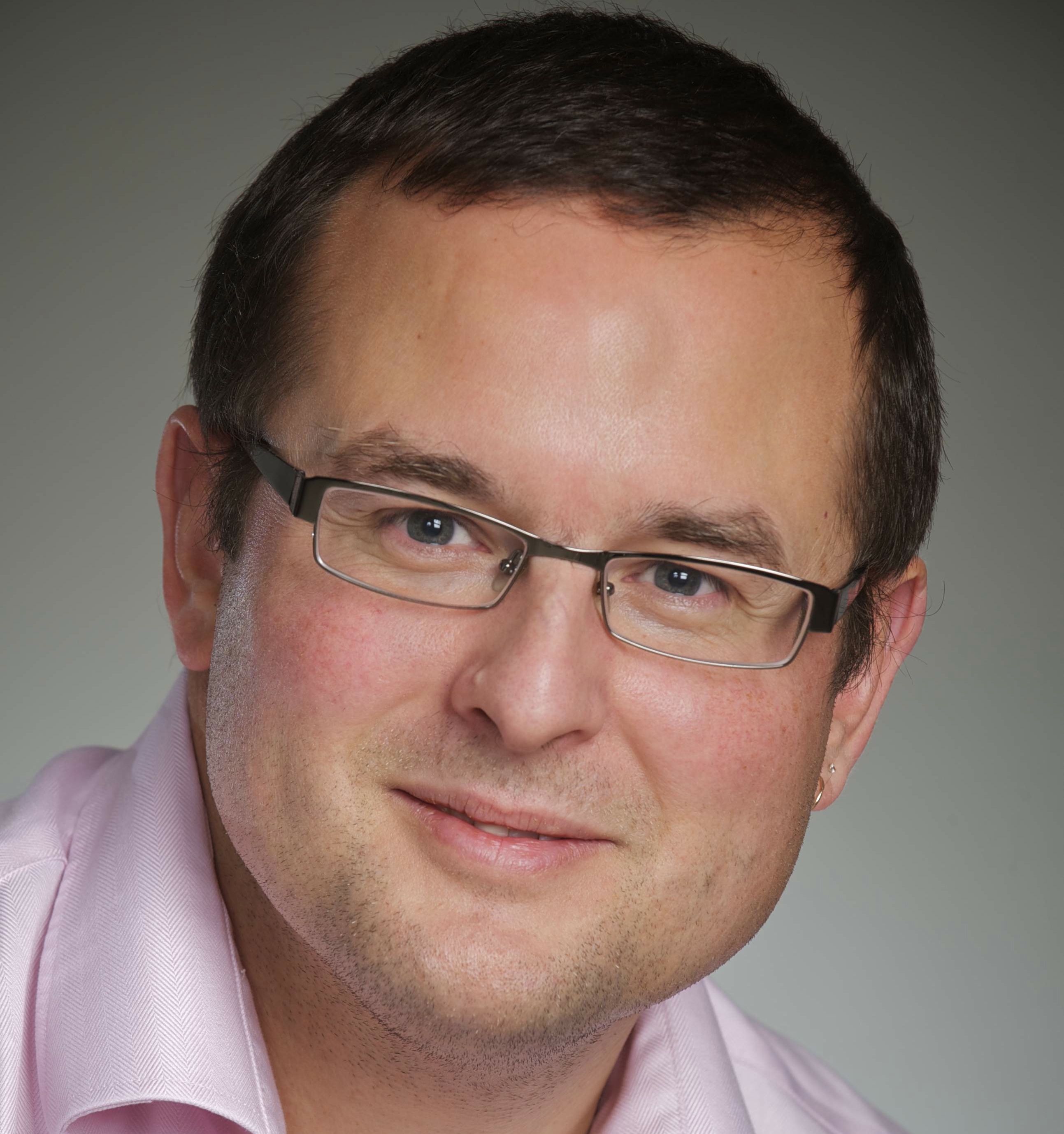Absolute carrier phase effects in the two-color excitation of dipolar molecules
The pump-probe excitation of a two-level dipolar (d≠0) molecule, where the pump frequency is tuned to the energy level separation while the probe frequency is extremely small, is examined theoretically as an example of absolute phase control of excitation processes. The state populations depend on the probe field’s absolute carrier phase but are independent of the pump field’s absolute carrier phase. Interestingly, the absolute phase effects occur for pulse durations much longer and field intensities much weaker than those required to see such effects in single pulse excitation.
